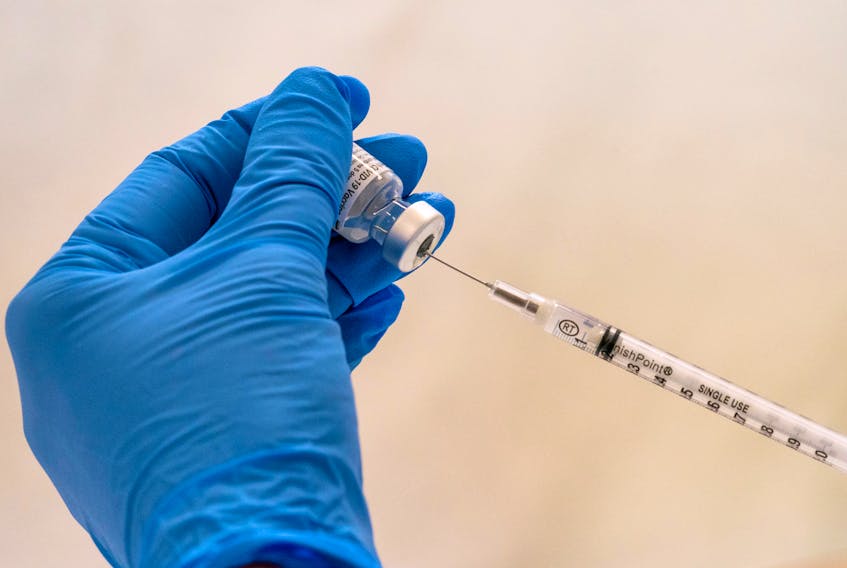It is, of course, exactly what vaccines are supposed to do: stop the outbreak of disease.
In fact, it would be far more newsworthy if vaccines for COVID-19 weren’t doing exactly that.
Still, in a long time of what seems like unremitting bad news, it’s worth taking a breath and a little sigh of relief.
The results are early and, for the most part, anecdotal, but they are certainly encouraging.
In long-term care homes in Ontario, outbreaks of COVID-19 are stopping roughly 21 days after residents get their first doses of COVID-19 vaccine. That’s a critical piece of news, because so far, more than 60 per cent of COVID-19 deaths in Canada have been in long-term care homes.
And it’s not just Ontario that’s seeing the first positive signs from COVID-19 vaccination.
The results are early and, for the most part, anecdotal, but they are certainly encouraging.
The B.C. medical association’s Dr. Steven Chow put it succinctly in an interview with the National Post: “It basically stops all these outbreaks in their tracks. … Once the population gets vaccinated, boom, it just stops in its tracks. (And) the staff are not getting it, so they’re not calling in sick.” British Columbia, like Ontario, has managed to vaccinate many of its long-term care residents, despite nation-wide vaccine shortages.
And it’s not only here: hard data is starting to come in from other parts of the world.
Israel has had stellar performance in vaccinating its population and, as a result, is now starting to be able to provide clear post-vaccination data about how vaccines are changing that country’s COVID-19 spread.
Reuters news service reported Wednesday that, “Among the first fully vaccinated group there was a 53 per cent reduction in new cases, a 39 per cent decline in hospitalizations and a 31 per cent drop in severe illnesses from mid-January until Feb. 6,” according to Israeli scientists.
And the data also corresponds to the anecdotal information being seen in Canada — Israel has recorded no COVID-19 infections in patients who have reached 22 days after their second vaccine shot.
The problem? By the beginning of this week, only a small fraction of Canadians — primarily long-term care residents and health-care workers — have been able to get shots of the two vaccines that have been approved for use by Canadian public health authorities. And supplies have slowed to a trickle.
Colin Furness, an epidemiologist at the University of Toronto, told the National Post that things could easily get worse before they get better, especially with more transmissible COVID-19 variants appearing in Canada.
Remember the cheery top of this editorial? Well, Furness warns, as a country, we are likely to face a late-March or early-April wave that “will make the last two look like nothing … We are going to get whacked.”
The COVID-19 marathon continues.








